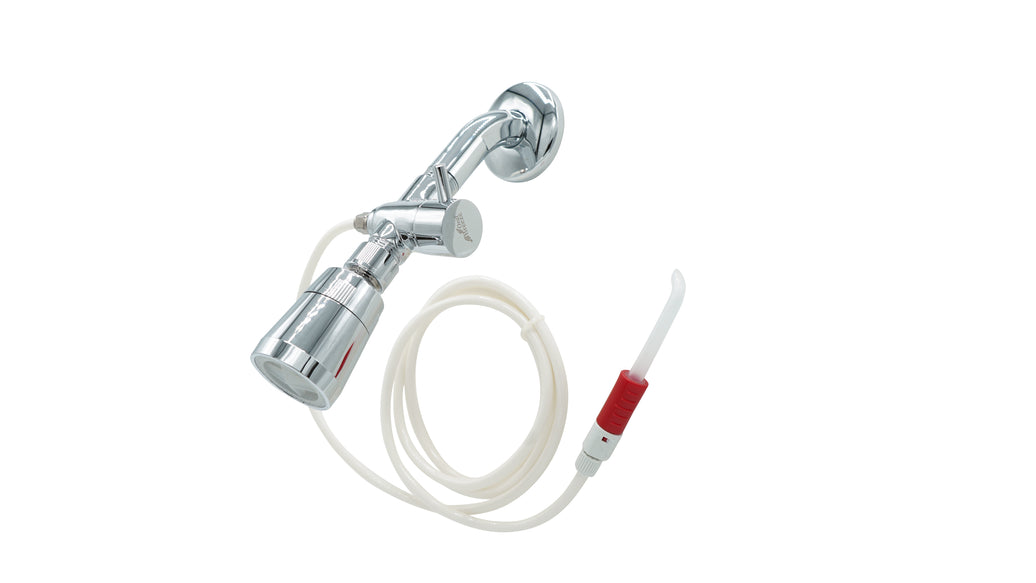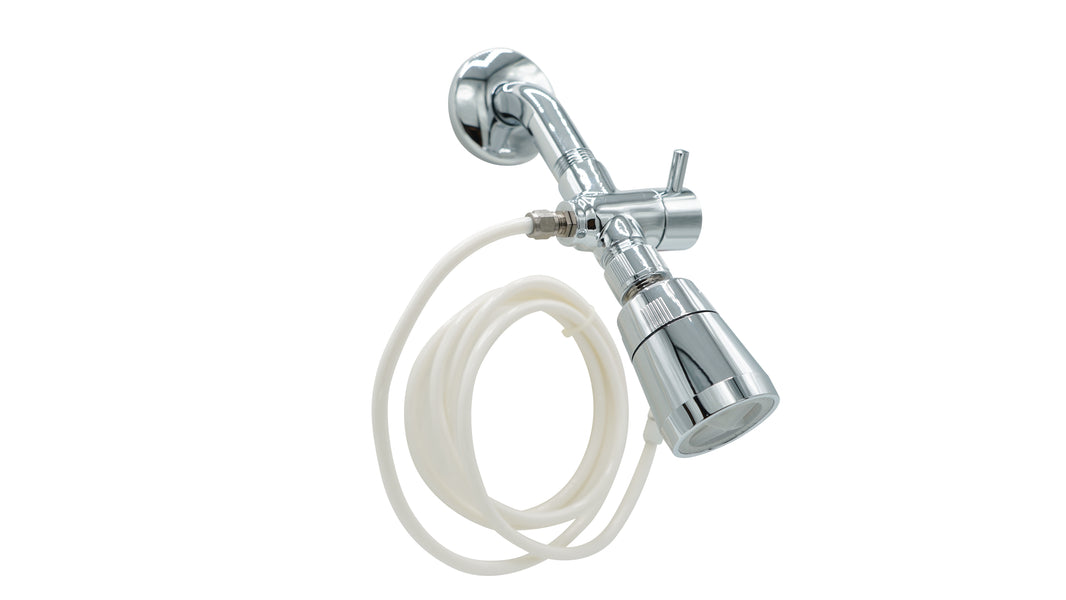The body exists as a function of many parts. In order to be truly healthy you need to take care of all aspects of the body. One of the aspects of health that people do not take very seriously but which is actually very vital is oral health. Tooth decay and other complications like gum disease are a major cause of loss of teeth in the united states and statistics indicate that out of 10 adults in America, 6 lose all their teeth by the time they get to the age of 65 and over. Many people think about tooth loss and problem as a calamity only for their looks and appearance but the truth is that the problem is more compounded than that. Loss of teeth can lead to serious malnutrition and poor health because one is forced to eat only certain kinds of food.
It is common knowledge that routine body checks are very helpful in both the diagnosis and prevention of disease and this is equally significant when it comes to dental exams. Major tooth problems like gingivitis can be averted and dealt with better if people develop a culture of visiting the dentists for routine checkups. Tooth ailments like periodontitis and gum infections may sound trivial and unimportant but they can predispose you to more serious ailments like strokes and cardiac diseases.
Good teeth greatly boost your appearance and self-confidence especially when you smile but this is not the only benefit you get from maintaining good oral health. As mentioned earlier in this article, it is one of the vital aspects of attaining great health. Teeth have more than just aesthetic value. Every time you chew your food or speak you need your teeth. Having infections such as periodontitis can prevent vital joint replacement processes in other parts of your body. Moreover, scientists have found out that having periodontitis can cause heart disease and diabetes. Also dentures and ill-fitting teeth can be excruciatingly painful when one chews and so such an individual may be forced to stick to very basic types of foods.
Gingivitis is early gum disease and it has been discovered that half of the entire population have some element of this. It is also perhaps the most common tooth affliction suffered by a majority of people mainly because it occurs in a painless manner. This does not make it less serious because such infections can easily spread to other bones in the body.
The type of medication taken by patients also has effect on dental health. The medicine does this by affecting the flow of saliva in the mouth. If the type of medication one takes causes the mouth cavity to dry up for instance, chances of that particular individual getting periodontitis increases due to the buildup of plaque. Certain patients have exhibited a gum disease in which the gums overlap onto the teeth. This is caused by medication that contains calcium blockers.
Dental infections affect more than just your gums
Stroke: Infections in the mouth can be due to bacteria and the mouth can quickly turn into a habitat for bacteria. Such bacteria can move from the mouth and travel to other parts of the body causing problems. Research has shown that a good number of stroke victims have bacteria in the fat deposits found in their arteries. The mouth is the origin of this kind of bacteria.
Heart Disease: Blood clots have been known to be the cause of many heart attacks. When there is a lot of a bacterium in the mouth and elsewhere in the body, they can coalesce with platelets and form clots that travel through the blood vessels. Blockage of blood vessels can make the heart stop.
Lungs: Scientists have continued to carry out research on the dangers of poor oral health and it has now emerged that lung disease, pneumonia and pulmonary diseases can result from plaque and tartar in the mouth.
Diabetes: With diabetic patients, it has been shown that those with gum infections get heart attacks more frequently than those without.
Spontaneous Pre-Term Births (for women):One more alarming finding has been that expectant mothers with gum diseases have likelihood seven times more of giving birth prematurely and to babies of low weight. Scientists believe that the gum disease must have a link to this.
Women may develop gum and teeth problems due to changing estrogen levels in their bodies.
Diseases such as osteoporosis can cause not only bone but also teeth loss. Scientists are still trying to establish the relationship between periodontitis and osteoporosis. Dental hygiene is essential (brush and floss daily) and one must keep up appearances at the dentists at least twice every twelve months. This will help you maintain great oral health and it will help your dentists arrest problems early. Teeth warning signs that must not ignored because they can help you prevent bigger problems. Bleeding and swollen gums, loose fitting teeth, retracting gums, tender looking gums and pain are such symptoms that must be addressed immediately in order to avert oral cancers, gingivitis and other harmful infections.










